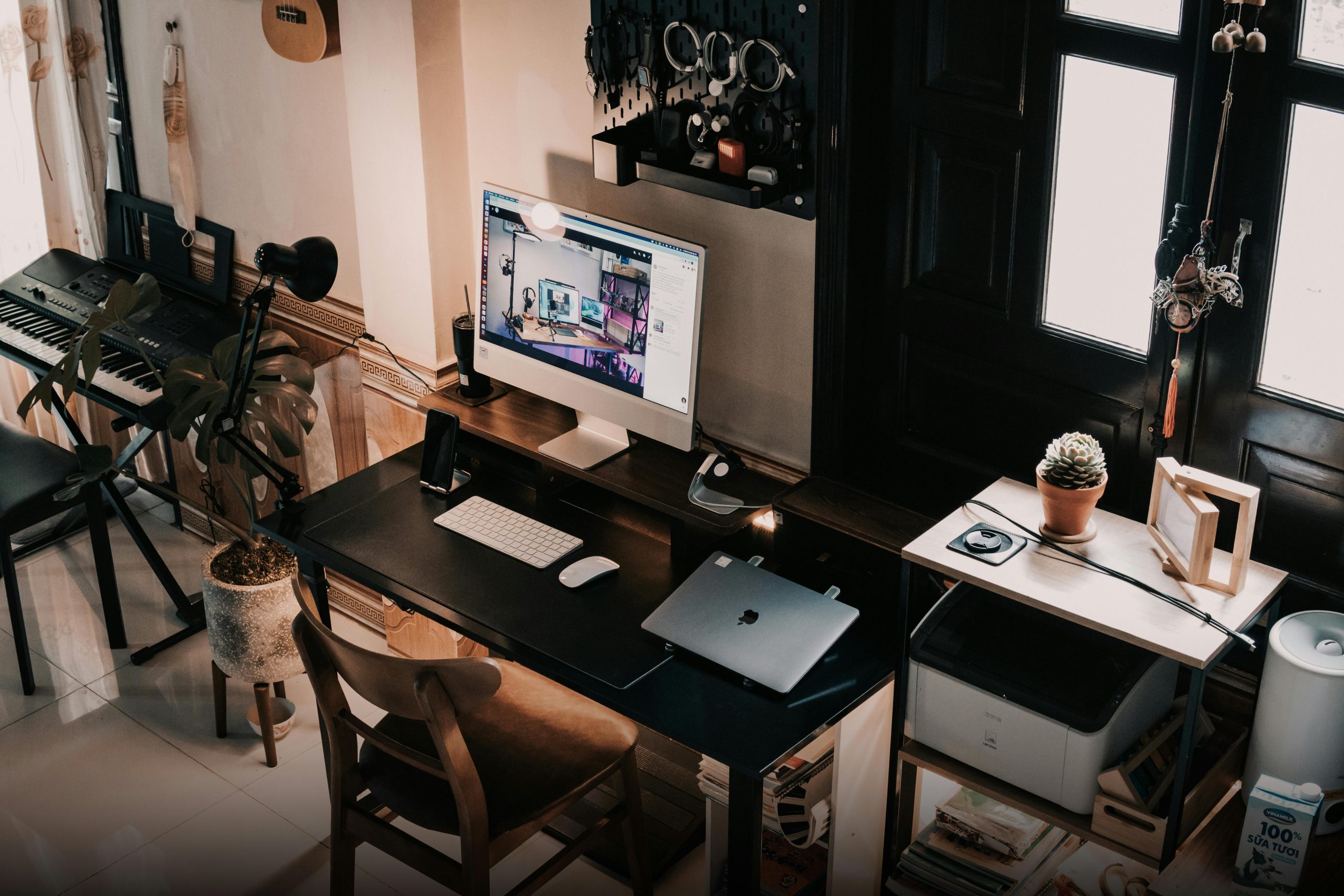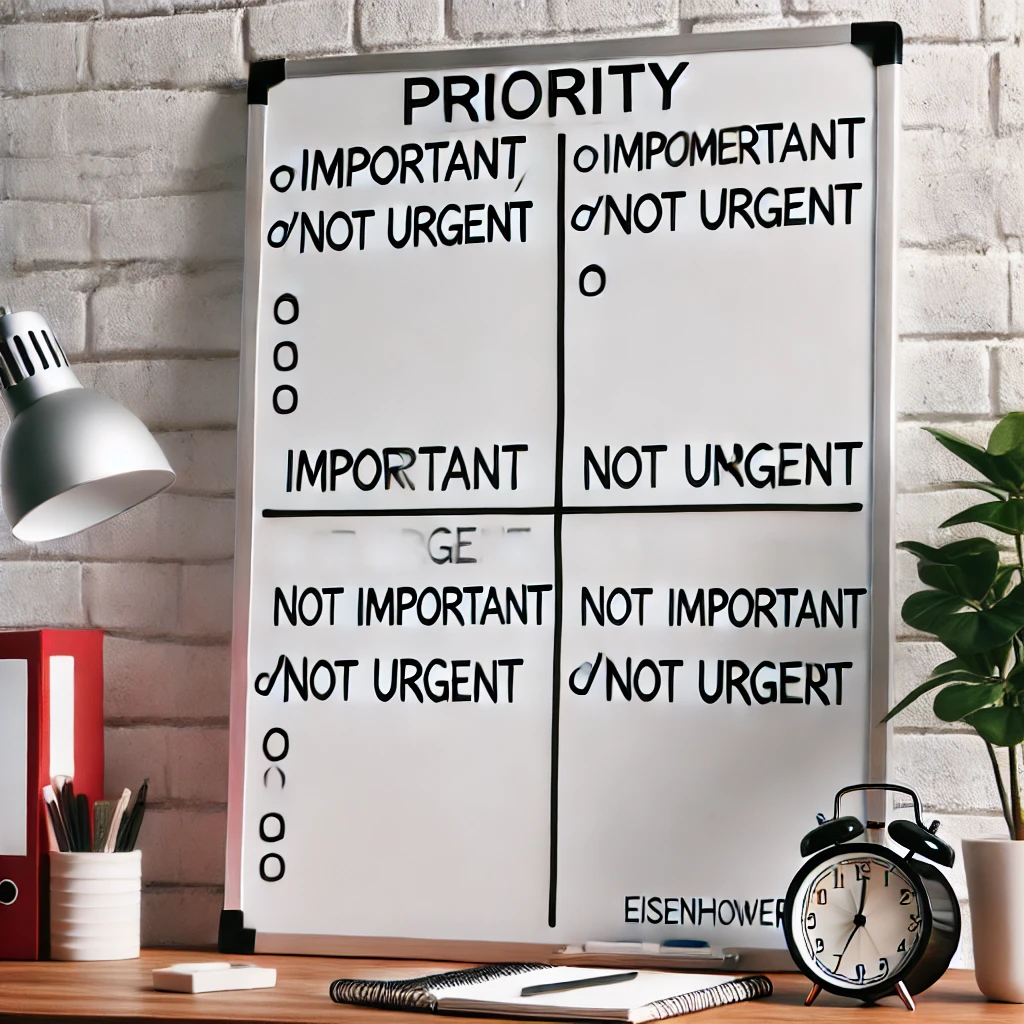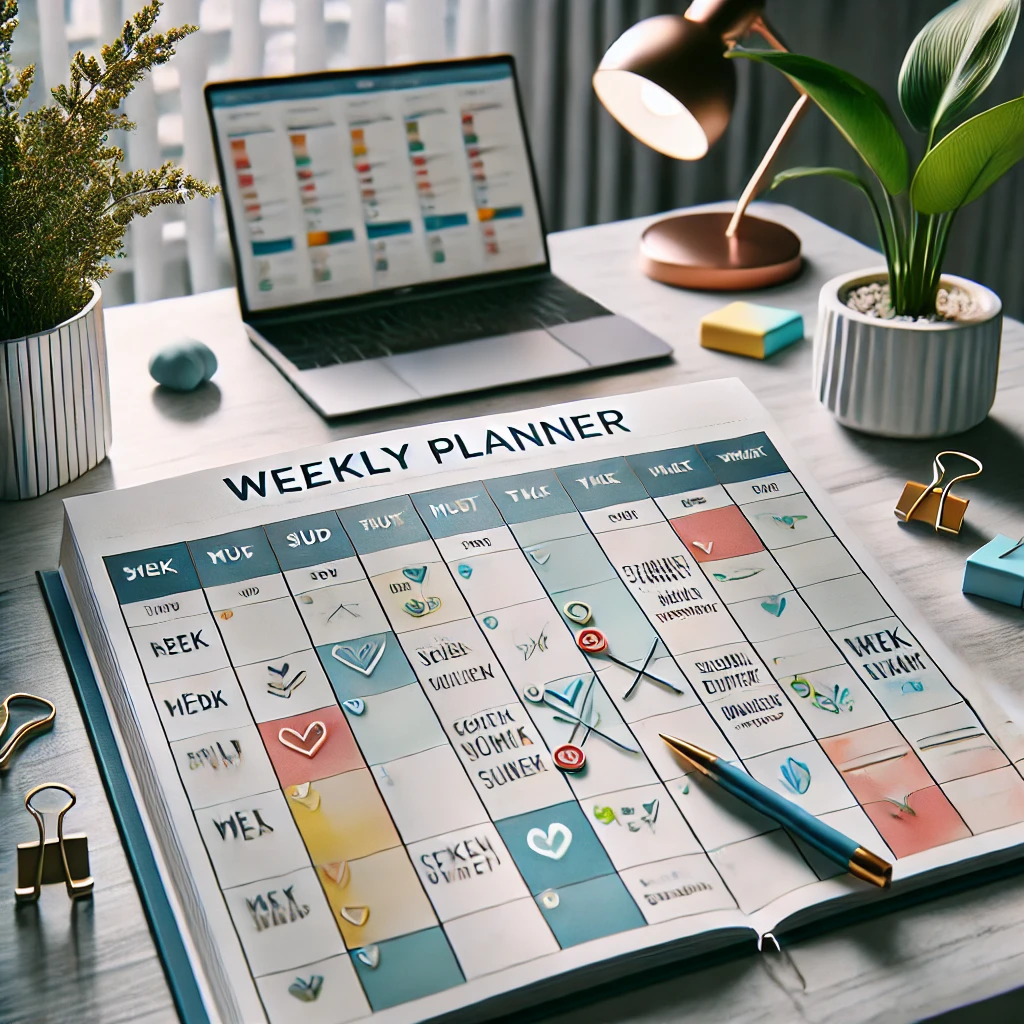Staying focused in a world full of distractions can seem like a monumental task, especially when striving for consistency in daily routines. With social media, constant emails, and an endless to-do list, feeling overwhelmed is common. However, understanding and applying techniques to maintain consistency can transform your productivity and life. In this article, we’ll explore the secrets to staying focused without sacrificing your well-being.

The Importance of Consistency in Focus for Achieving Goals
Consistency is essential for achieving goals, whether they are professional or personal. Being consistent doesn’t mean doing more in less time but rather making regular progress without burning out. This balance separates those who achieve their goals from those stuck in a cycle of stress and demotivation.
For example, imagine you want to learn a new language. Dedicating 30 minutes daily consistently will be far more effective than studying for hours once a week. Besides increasing your chances of success, it also reduces the feeling of being overwhelmed.
How Overload Impacts Focus

Overload occurs when we accumulate more responsibilities than we can handle. This state reduces our ability to concentrate, be productive, and stay creative. Studies show that the human brain has a limited processing capacity, which means trying to do everything at once is counterproductive.
Signs of Overload:
- Constant mental fatigue.
- Difficulty prioritizing tasks.
- Frequent procrastination.
- Loss of motivation.
Now that we understand the problem, let’s explore practical solutions.
Tips to Stay Focused with Consistency

1. Define Clear Priorities
Before starting any task, ask yourself: “What is my top priority right now?” Listing your responsibilities in order of importance helps focus your efforts on what truly matters, enhancing your efficiency and productivity.
Useful Tools:
- Eisenhower Method: Divide tasks into important and urgent categories.
- Apps like Todoist or Trello.
2. Create a Realistic Schedule
An efficient schedule considers your actual working capacity, not just your expectations. Plan your daily activities with regular breaks to recharge your energy.
Sample Schedule:
| Time | Activity |
| 8:00 – 9:00 | Day planning |
| 9:00 – 11:00 | Focused work |
| 11:00 – 11:15 | Break |
| 11:15 – 13:00 | Creative work |
| 13:00 – 14:00 | Lunch and rest |
| 14:00 – 16:00 | Review and organize |
| 16:00 – 16:15 | Short break |
| 16:15 – 18:00 | Task completion |
3. Avoid Multitasking
Focusing on one task at a time increases efficiency and reduces errors. Multitasking fragments your attention and compromises the quality of your work.
Example: When responding to emails, avoid revising a document simultaneously.
4. Set Smaller Goals
Breaking large goals into smaller tasks makes progress more tangible and less intimidating. Additionally, each small success provides a sense of achievement that motivates you to continue.
5. Use Time Management Techniques
Pomodoro Technique: Work for 25 focused minutes, then take a 5-minute break. After four cycles, take a longer break of 15-30 minutes.
6. Take Care of Your Mental and Physical Health
- Sleep: Aim for 7-8 hours of sleep per night.
- Exercise: Regular physical activity helps reduce stress and boosts concentration.
- Nutrition: Avoid processed foods and opt for a nutrient-rich diet.
7. Limit Social Media Use
Social media is designed to grab your attention, so set specific times to access it and avoid constant notifications.
8. Regularly Review Your Progress
Set aside time at the end of each week to review what worked and what could be improved in your planning. Constructive self-criticism is a powerful tool for improving consistency.
How to Stay Motivated Long-Term
Staying focused and consistent is easier when you have a clear motivation. Ask yourself why you want to achieve this goal and remind yourself of this reason whenever you feel demotivated.
Motivation Tips:

- Create a vision board with images and quotes representing your goals.
- Celebrate each progress, no matter how small.
- Find a mentor or community that shares your goals.
Conclusion
Staying focused with consistency without feeling overwhelmed is a challenge, but it is entirely achievable with the right techniques. By setting clear priorities, creating a realistic schedule, and taking care of your mental health, you can transform your routine and achieve your goals more easily.
Implement one or two of these tips today and see how small steps can lead to significant results. Remember, consistency is a marathon, not a 100-meter dash.
